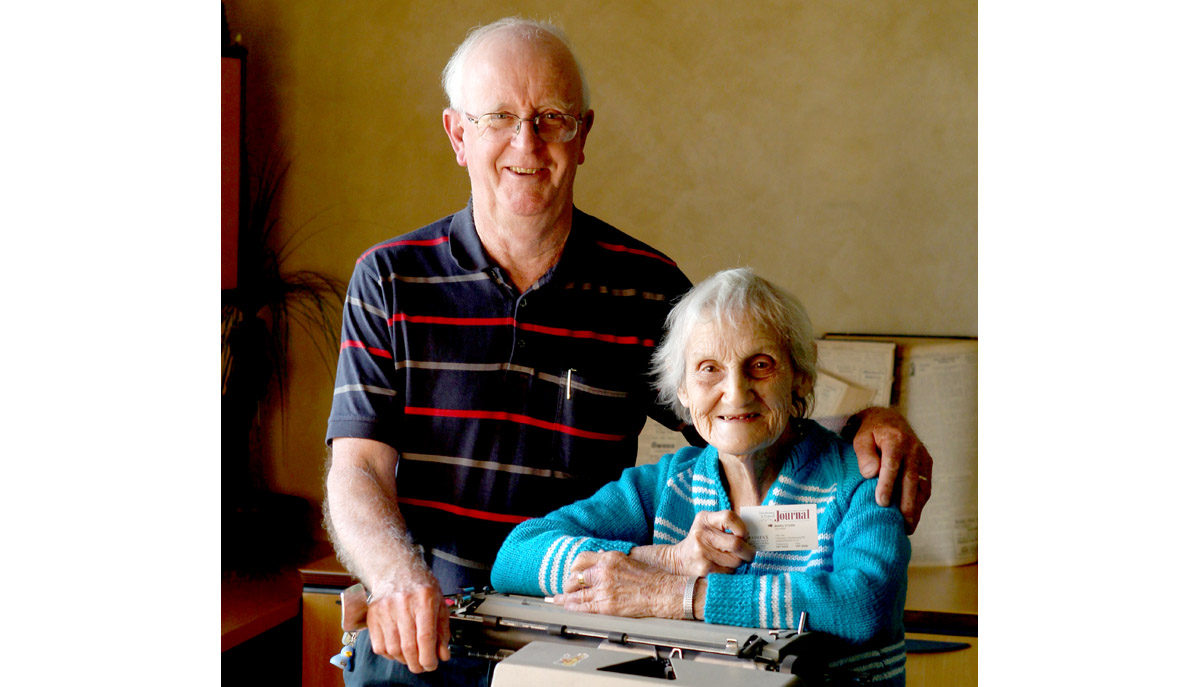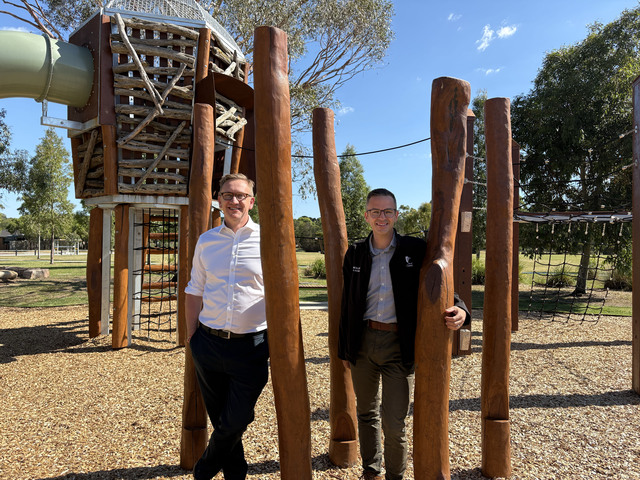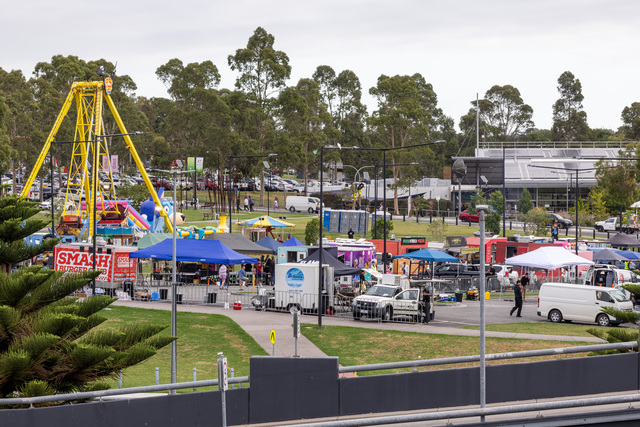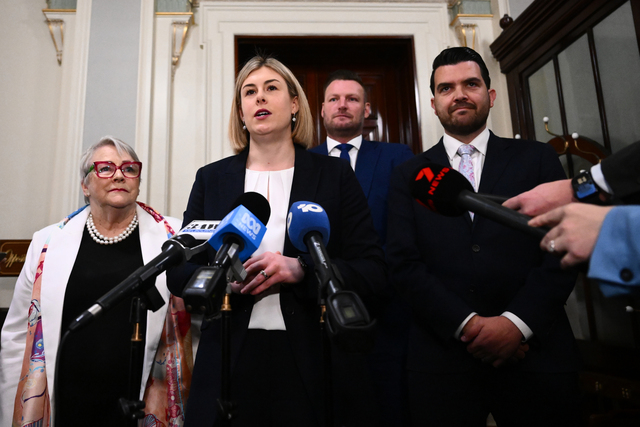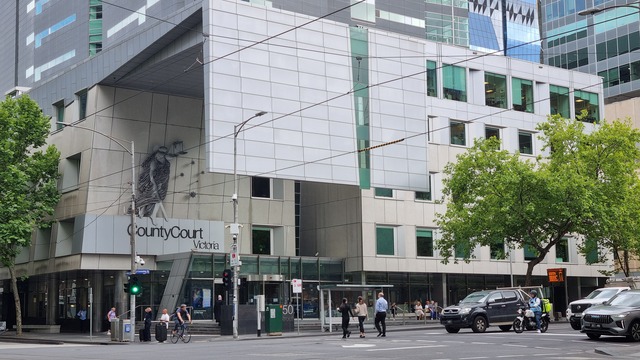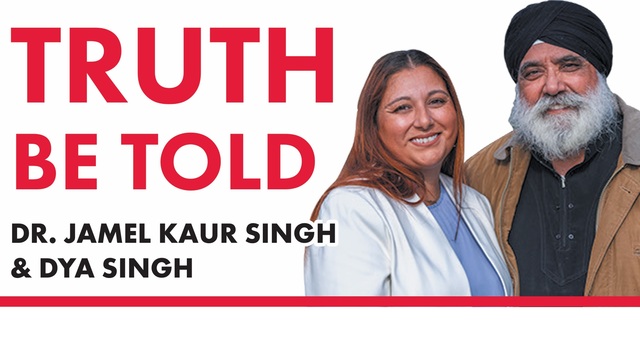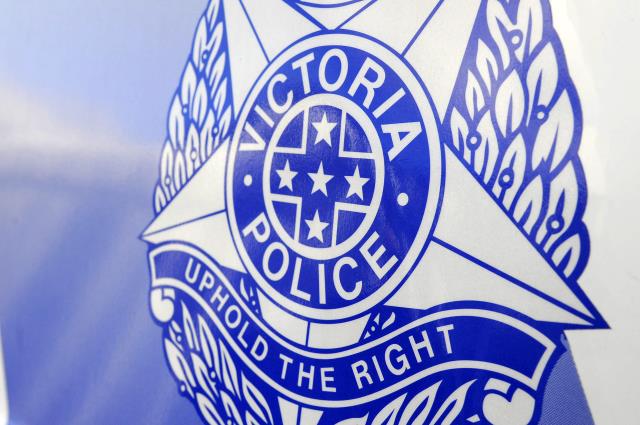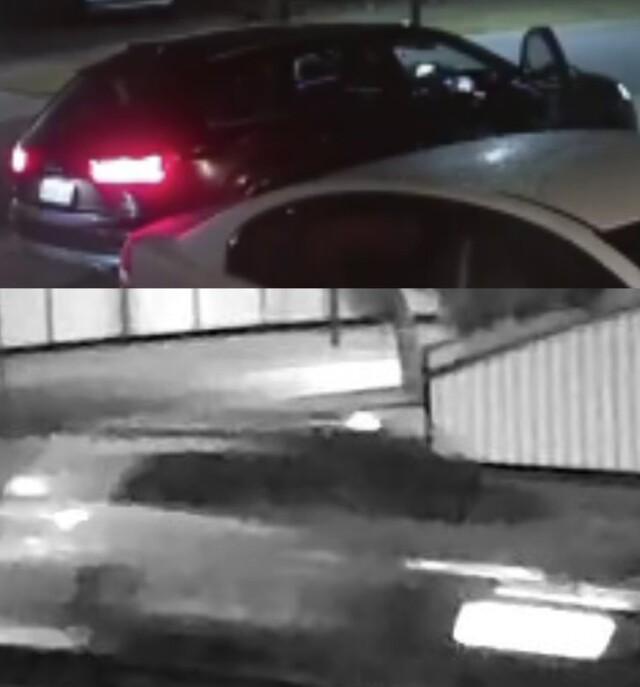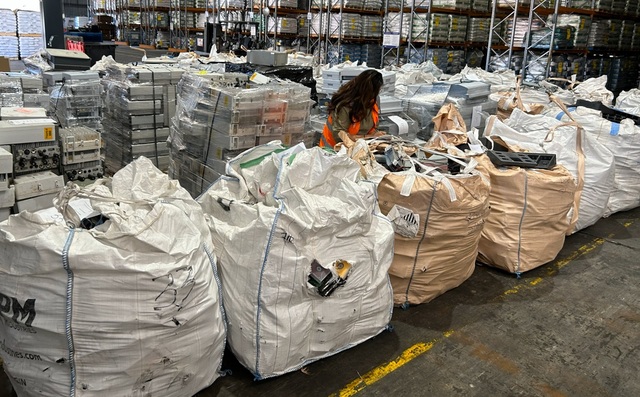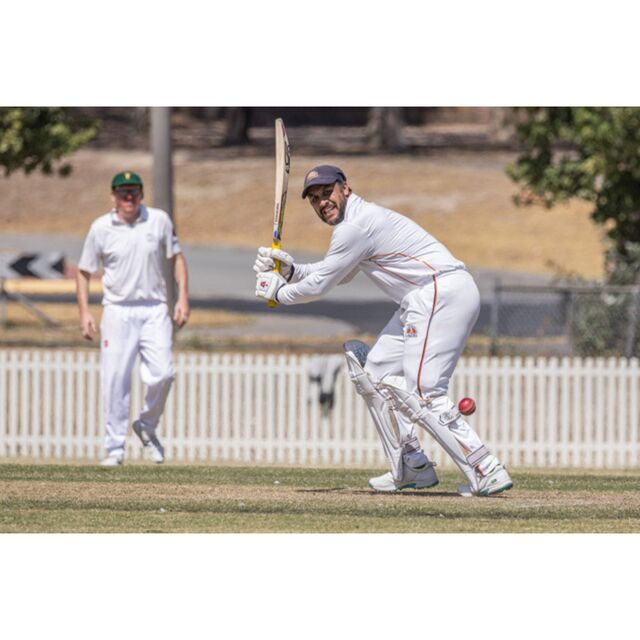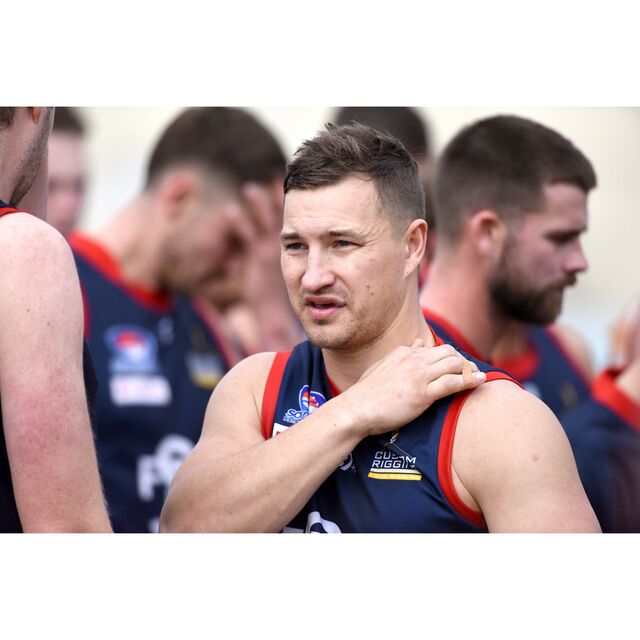This week marks a new era for the Journal, Dandenong’s oldest newspaper. CAMERON LUCADOU-WELLS sat down with columnist Marg Stork and former editor John Woods — two faces behind countless stories over the years — to find out about the paper’s past.
HISTORY crackles when you get Marg Stork and John Woods together.
Pride warms the voices of these stalwarts as they reflect on the many years spent on Dandenong’s oldest local newspaper, the Journal.
There’s an intent respect as they speak of each other, their colleagues and paper — a paper that was part of the local landscape since 1865.
The Journal name was synonymous with Dandenong life and, as it makes its grand return this week — replacing the Greater Dandenong Weekly — the pair revisit their memories of the paper they know and love.
Stork, 89, started as a correspondent while she was a 15-year-old student at Dandenong High School in 1938. Her father bought her her first typewriter when she was 10.
SEE John and Marg talk about The Dandenong Journal: Part 1.
SEE John and Marg talk about The Dandenong Journal: Part 2.
Never a fan of the computer keyboard, Stork until recently banged out story after story on a typewriter at the Journal offices. These days she handwrites a column from home and could easily fill the paper with story ideas.
Woods began his stint as editor and group editor in the early 1960s. After stepping down 30 years later, he still works as a sub-editor, running a careful eye over copy and acting as a sounding-board for subs, editors and reporters.
When Woods was Stork’s boss, the Journal was the unrivalled chronicle of Dandenong and its surrounds. “The people felt it was their paper,” Woods says. “People just loved it.”
Stork and Woods recall when the paper was running late off the presses one day in the 1960s. An impatient public lined up outside the former Scott Street office in Dandenong to get a copy.
The queues wound around the corner into Thomas Street. “And they were queuing up to buy the paper. It wasn’t free,” Woods says.
A threadbare staff worked hard to record the week’s vital news. But there were rewards. Stork remembers the team going out for fish and chips — wrapped in the Journal — after knocking off as late as 2am on occasions.
Workers also enjoyed the next door pub’s bar and pool room, which conveniently opened out to the office’s back door.
Woods remembers people escaping for a “lemon squash” or “a bit of pool”. “Sometimes I had to get you from in there,” Stork pipes up. “I shudder to think how we got the paper out with all of our socialising,” Woods says.
Woods remembers Stork’s prodigious work ethic — up to 30 stories a week. Stork, the social butterfly, filled many pages with what was going on in Dandenong.
But she also broke her share of front page stories. One was particularly notorious — headlined ‘Pommy bludgers’, the story quoted a clothing business boss complaining about the work ethic of English migrants.
Woods remembers the “furore” well. A red-and-white No.7 pool ball with an unpleasant note was thrown through the office window. There was a bomb threat. Woods even had a tense visit from then-federal Immigration Minister Al Grassby.
“I knew it would create a discussion,” Woods recalled. “And it did. We got oodles of correspondence on that.”
Stork herself got personal threats after a story on a brothel in Frankston-Dandenong Road. Her exclusive about the 1960s Westall High School UFO mystery — still unsolved — has also sparked a recent documentary and many retrospective news stories.
Then there was the front-page breaking story about US servicemen — revelling at a dance at Dandenong Town Hall — who broke 25 windows in Clow and Foster streets. “They had their little flasks and were drinking. They got raucous and broke windows.”
Stork, who liked to go out with her husband to three dances a week, says the secret to her longevity as a reporter is her love of people. “People tell me things. Like the taxi driver on the way here today told me about how he came from India, all about his children, his family.”
Woods adds: “There’s not a lot of people that Marg didn’t know around here.” Stork responds that Woods was “a marvellous boss” — to Woods’s obvious embarrassment.
The pair have been duly recognised by their community. Stork is one of the ‘Living Treasures’ honoured by Greater Dandenong Council for outstanding work in the community.
Woods was awarded a Paul Harris Fellowship by the Rotary Club of Dandenong, without being a member of the organisation, and named Dandenong’s citizen of the year in 1987.
When he retired as the Journal’s editor in 1994, Dandenong Council organised a public farewell attended by more than 500 representatives of business and community groups.
Under his stewardship, the Journal won national and state awards, including best suburban newspaper in Australia.
Several journos have gone to national publications. The Australian’s political commentator Niki Savva, Herald Sun sports reporter Daryl Timms and The Age’s editor-in-chief Andrew Holden got their start at the paper.
Woods says the Journal was also loved for its community bent. It helped to raise several hundred thousand dollars for local charities as a major sponsor of annual mayoral charity golf and bowls days. “It is an example of what a newspaper can, and should aim to do, to aid the community it serves and relies on.”
He said he had retained hope that the Journal name would be revived, after it was shelved in 2010. “Even recently I quite often used to refer to the Greater Dandenong Weekly as the Journal by mistake. I still think of it as the Dandenong paper. It’s great to see it in name again.”

